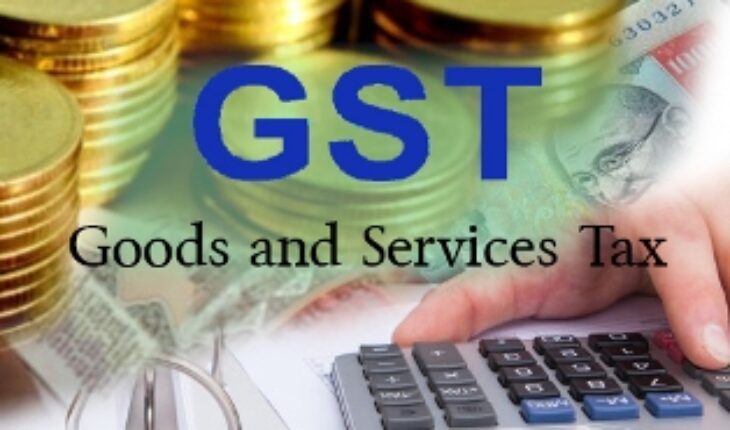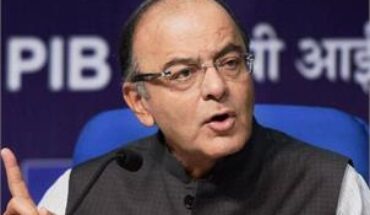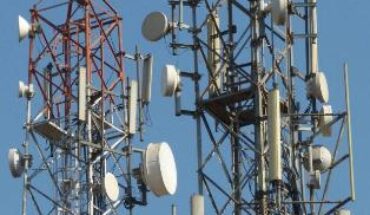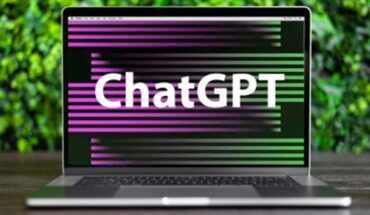The indirect-tax department has detected goods and services tax (GST) evasion of Rs 2,000 crore over the last few months, John Joseph, member, Central Board of Indirect Taxes and Customs (CBIC), has said.
The official added that a tenth of this came to light only last week. Independent analysts have, however, felt that the tax evasion exposed may be only a fraction of its actual incidence, given the “very high” transitional credits — a total of `1.6 lakh crore by December-end — claimed by a section of taxpayers for the taxes paid in the pre-GST regime.
Suspected instances of undeserved input tax credit (ITC) claims — scores of such claims made in the summary returns GSTR-3B have been detected and investigations into these are going on — and the continuing (though narrowing) gap between the registered eligible taxpayers and those who file the returns also indicate incidence of evasion at a much larger scale.
Joseph, who is also the director general of the GST investigation wing, clarified that the evasion cases cited by him included use of fake invoice bills to claim ITC and cases where businesses deducted tax from consumers but failed to deposit the same with the government.
“While there is a need to ensure that GST evasion is detected and plugged in time, it is necessary to have safeguards to ensure that inadvertent omissions are not treated at par with evasion and taxpayers are not put to hardship,” said MS Mani, partner, Deloitte India.
As much as 30 per cent of the 1.15 crore taxpayer base for GST doesn’t file returns by the deadline every month. Although the percentage of those filing has improved from 55 per cent in July last year to nearly 65 per cent in May this year, the ideal compliance of around 80 per cent has remained elusive.
On why the department was manually checking transitional credit claims instead of allowing the same automatically, finance secretary Hasmukh Adhia said that data showed that large amount credit was built up in the credit ledger prior to GST compared to the average Cenvat (excise and service tax) credit balance in taxpayers’ ledger a year ago (June 30, 2016). This, Adhia said, was the reason for carrying out detailed verification of transitional credit claims.
CBIC member Mahender Singh reportedly said that the expenditure incurred by truck drivers on a daily basis had gone down drastically under GST as they were not forced to bribe officials at the interstate check posts. He added that earlier a truck driver would need Rs 15,000 as expenses for week-long trip but in the GST regime Rs 4,000 is sufficient as the system of bribes has been curbed.
CBIC detects GST evasion worth Rs 2,000 crore
|
July 7, 2018 |






